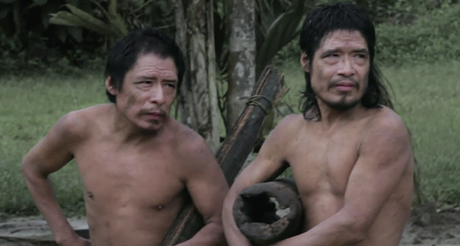Update
Authorities in Brazil are planning to scrap a vital safeguard for uncontacted tribes in Brazil – Land Protection Orders (LPOs).
These emergency orders are used to protect uncontacted tribes’ territories that have not been through the long process of official demarcation.
LPOs make it illegal for loggers, miners and other invaders to enter the tribes’ lands. Without this protection, the forests would be completely destroyed – and the tribes who look after them and depend on them to survive could be wiped out.
Why LPOs matter
LPOs are shielding seven uncontacted tribes’ territories...
and 1 million hectares of Amazon rainforest
These Orders regularly expire, and on each occasion powerful agribusiness interests can oppose their renewal. One has already expired without being renewed, leaving the uncontacted tribe living there without any protection at all.
 © Bruno Jorge
© Bruno Jorge
Scrapping LPOs is all part of President Bolsonaro’s deliberate policy to destroy the country’s indigenous peoples and take their land for “economic development.”
Your support is vital if the orders – which are all that stand between these uncontacted tribes and certain death – are to be saved.
Update:
- On March 17, 2022, FUNAI renewed the emergency Land Protection Order for the Piripkura Indigenous Territory. On June 2, 2022, FUNAI renewed the emergency Land Protection Order for the Pirititi Indigenous Territory. On June 21 2022, FUNAI renewed the emergency Land Protection Order for the Ituna Itatá Indigenous territory for three years. Pirititi and Piripkura were renewed for only 6 months, which is not enough time to remove all invaders nor to finalize the full demarcation of the territories.
There are more than 476 million Indigenous people living in more than 90 countries around the world. To Indigenous peoples, land is life. Find out more about them and the struggles they’re facing: sign up to our mailing list for occasional updates.Join the mailing list

